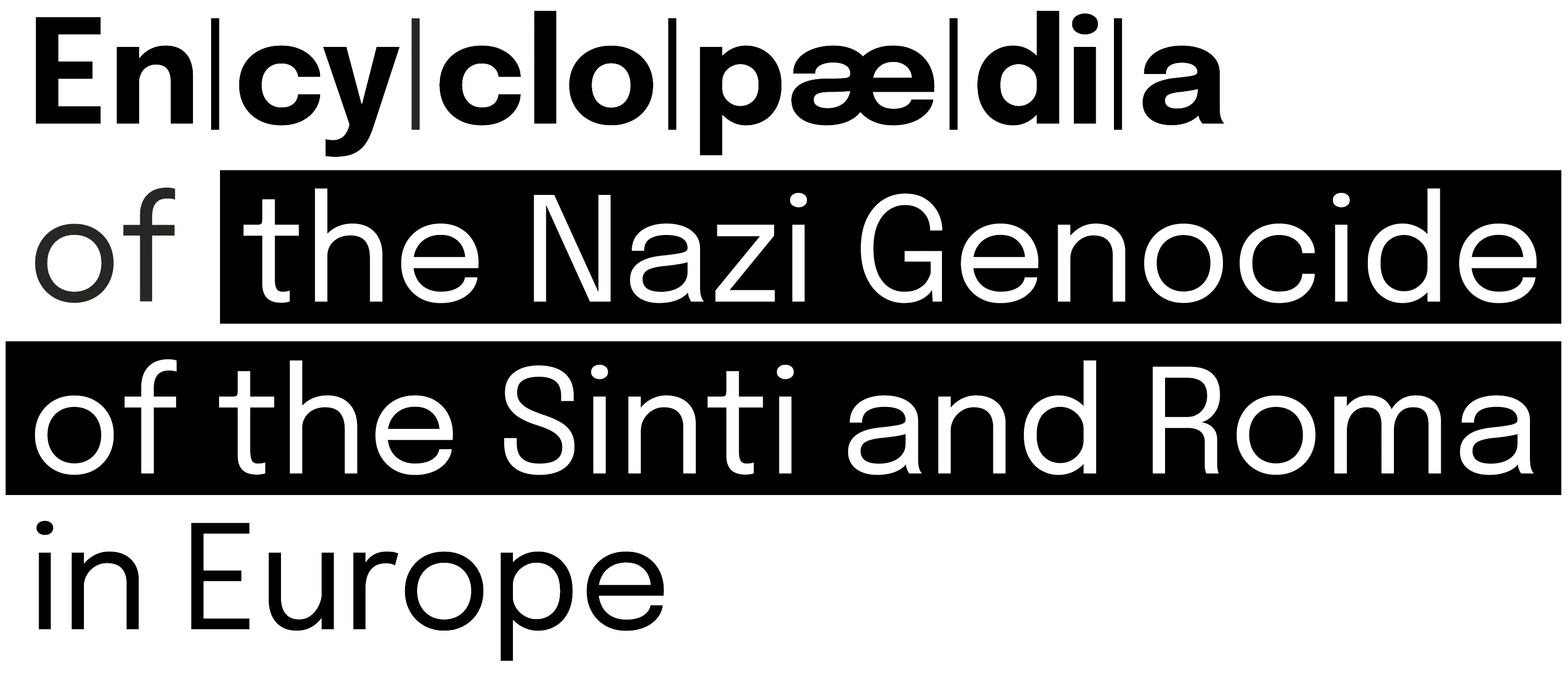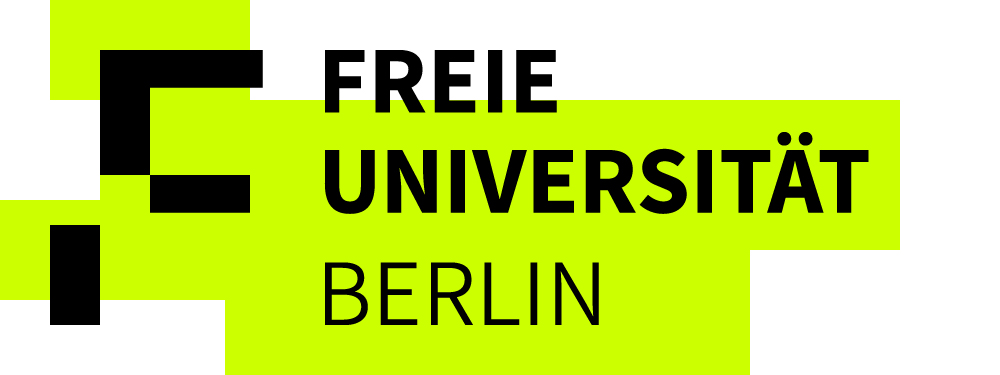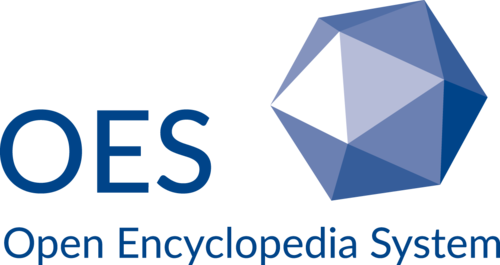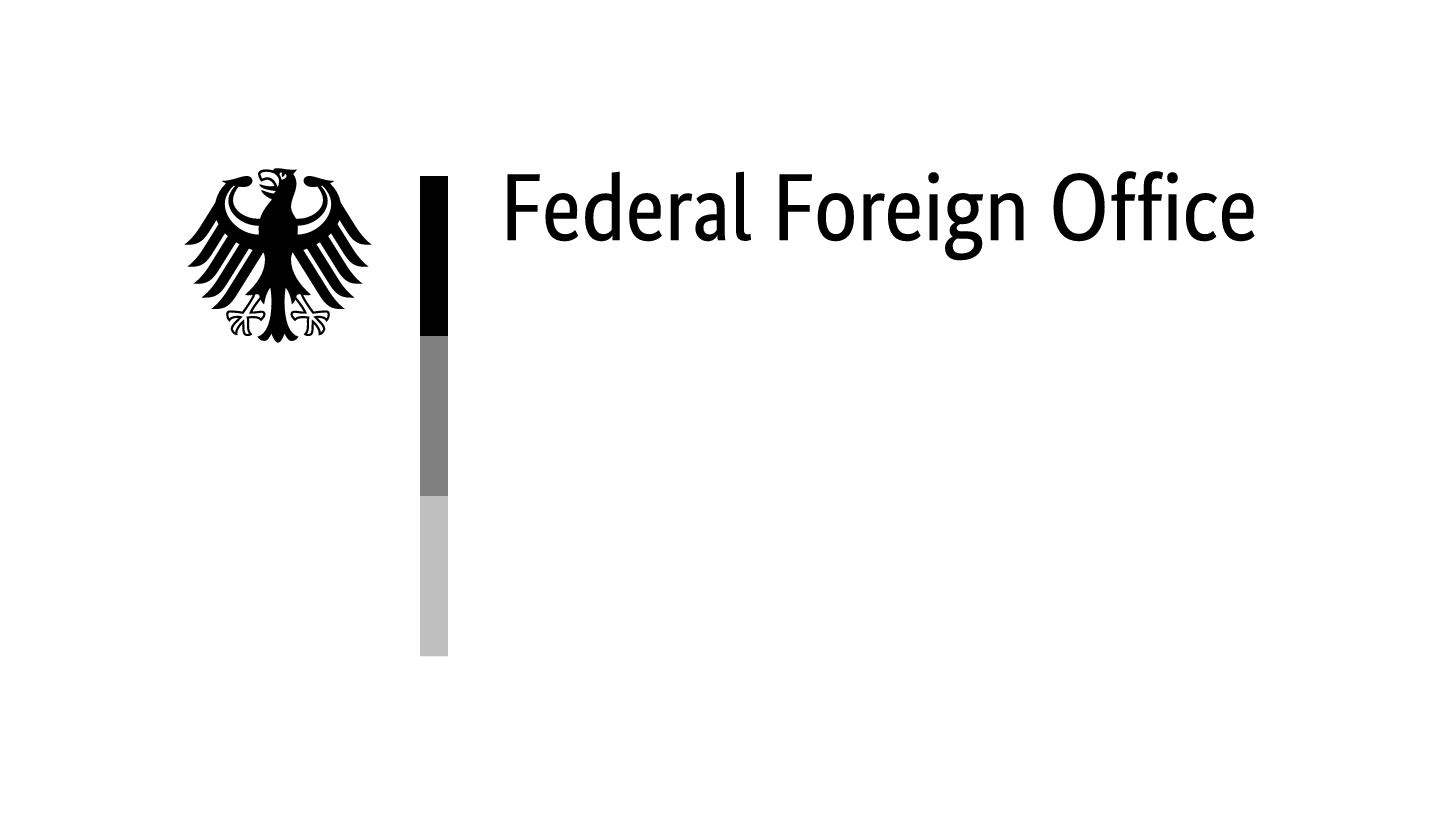Hamid Džemail Hamidovski was born in Skopje, Macedonia, in 1928 (the exact date remains unknown). He grew up in the Skopjan Roma settlement of Topaana and completed four years of primary school, but couldn’t continue his education due to the difficult material situation of his family. He then worked in various professions and became a member of the League of Communist Youth of Yugoslavia [Savez komunističke omladine Jugoslavije].
After the defeat of Yugoslavia in the April War 1941 and the occupation of the Macedonian territory by Bulgarian troops, Hamid Džemail Hamidovski voluntarily joined the anti-fascist partisan movement. He became a fighter in the Twelfth Macedonian Assault Brigade [Dvanaesetta makedonska udarna brigada] and saw combat with it on several fronts in Macedonia, Montenegro and Kosovo. In February 1945, he lost his life in a lorry that exploded on a landmine during a fight with Chetniks in Kosovo. The exact date and place of his death, as well as of his grave, remain unknown.
In 1971, the ‘Brothers Ramiz and Hamid’ [Braќ a Ramiz i Hamid] educational centre in the Roma settlement Šuto Orizari (Skopje) was named after him and his older brother Ramiz Džemail Hamidovski (1919–1945), and a primary school was named after them in 1979.
The partisan activity of the Hamidovski brothers is described in the documentary film ‘Macedonian Roma – National Heroes and Partisans in the People’s Liberation War’ [Makedonikane Roma – nacionalno heroia thaj partizania an o Nacionalno Tromalo Maripa] (2005; director: Roberto Šontevski), while a portrait of the ‘Brothers Ramiz and Hamid’ primary school can be found in the documentary ‘Fatima’ (2016, director: Sanela Emin).
Roma activists actively commemorate the life and death of the Hamidovski brothers with exhibitions and annual ceremonies. In Šuto Orizari in November 2023, Daniel Petrovski (born 1986) presented the exhibition ‘Roma partisans’, in which the Hamidovski brothers played a key role and their photos were shown to the public for the first time. The President of North Macedonia, Stevo Pendarovski (born 1963), attended the opening of the exhibition.




